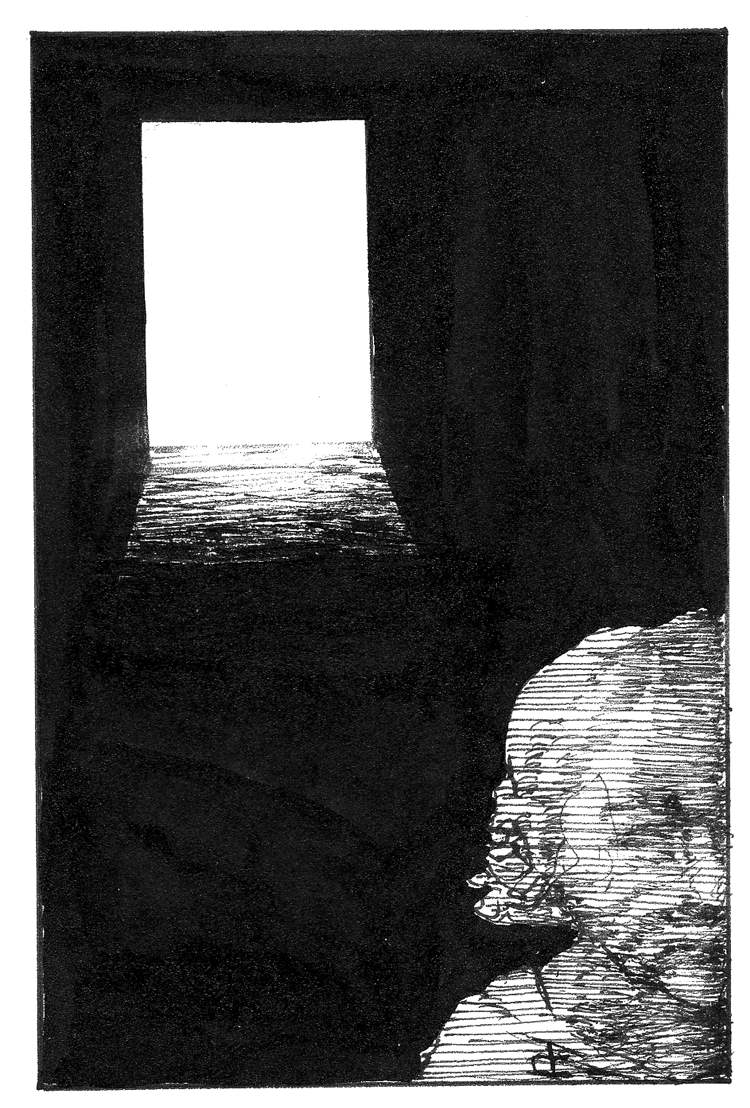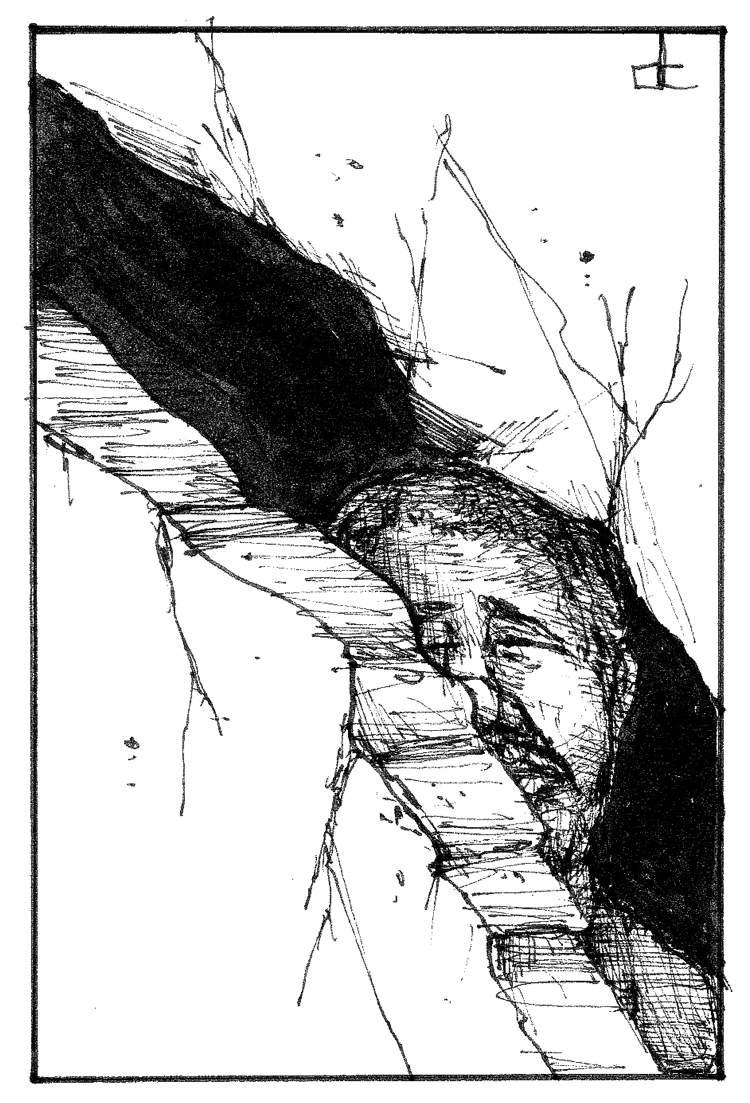Archaic court rules cause delay
Advertisement
Read this article for free:
or
Already have an account? Log in here »
To continue reading, please subscribe:
Monthly Digital Subscription
$0 for the first 4 weeks*
- Enjoy unlimited reading on winnipegfreepress.com
- Read the E-Edition, our digital replica newspaper
- Access News Break, our award-winning app
- Play interactive puzzles
*No charge for 4 weeks then price increases to the regular rate of $19.00 plus GST every four weeks. Offer available to new and qualified returning subscribers only. Cancel any time.
Monthly Digital Subscription
$4.75/week*
- Enjoy unlimited reading on winnipegfreepress.com
- Read the E-Edition, our digital replica newspaper
- Access News Break, our award-winning app
- Play interactive puzzles
*Billed as $19 plus GST every four weeks. Cancel any time.
To continue reading, please subscribe:
Add Free Press access to your Brandon Sun subscription for only an additional
$1 for the first 4 weeks*
*Your next subscription payment will increase by $1.00 and you will be charged $16.99 plus GST for four weeks. After four weeks, your payment will increase to $23.99 plus GST every four weeks.
Read unlimited articles for free today:
or
Already have an account? Log in here »
Hey there, time traveller!
This article was published 28/02/2013 (4685 days ago), so information in it may no longer be current.
The Manitoba courts have run into a new source of backlog — lengthening lineups for psychiatric assessments are delaying cases, forcing accused persons to sit in pre-trial custody in jail or the remand centre. A shortage of forensic psychiatrists is the problem, but at root of the issue is what appears to be a historical deference to medical professionals.
The courts traditionally have relied on psychiatrists, who are medical doctors, to prepare reports on and testify to the competence or mental health disability of those charged with crimes. Courts have relied on the forensic unit at the Health Sciences Centre, typically staffed with five forensic psychiatrists, to complete these pre-trial assessments. That unit will soon be reduced to one physician as a result of retirements or the decision of some to leave to set up a more lucrative private practices.
The Winnipeg Regional Health Authority is recruiting, but it’s a tough job in a country where psychiatrists are paid less than other specialists. Furthermore, forensic psychiatry is a subspecialty of limited interest.

Courts, like the broader society, have moved to adopt greater sensitivity to the role mental health plays in criminal conduct. The advent of a court dedicated to dealing with accused persons debilitated by disorders, meanwhile, has increased pressure on the system’s ability to gather psychiatric evaluations. Court-ordered assessments, increasingly, are central to the justice system’s ability to determine criminal responsibility. Amid this, HSC’s forensic unit has lost physicians and now assessments are being delayed excessively, with some being scheduled into April.
The WRHA (finally, some note) is planning now to include other practitioners, including psychologists, in the forensic unit to diagnose, treat and monitor people with mental illness who come into conflict with the law. It is also looking at improving the pay packets of psychiatrists.
This may help speed along requests for assessments, but it is anticipated that court reports will have to be signed off by psychiatrists. That reveals an unnecessary bias to physicians, whose skills are required in specific, but not all, cases where compromised mental health is in question.
Courts have defaulted to physicians (psychiatrists) to write assessments because the Criminal Code specifically sets out the necessity of a medical practitioner’s assessment.
Sec. 672.1, however, allows the attorney general to decide if other qualified professionals can do the assessments. Forensic psychologists also provide advice, sometimes alone or in tandem with psychiatrists, to the courts. But courts continue to defer to medical doctors for evaluations of competency of the accused.
The idea has long past that most things related to health are the purview of those with MD attached to their names. Scope of practice for various health professionals has expanded, particularly in community hubs of health and wellness. Even the holy realm of drug prescription and referrals to specialists has been breached now that nurses, physiotherapists and psychologists are writing ‘scripts’ for patients. Canada is catching up to moves made in other jurisdictions.

The skills of forensic psychiatrists are specifically required for some severe medical illness. But many cases can be assessed by forensic psychologists, so the delay in the courts’ ability to proceed with cases in which there is a question of mental capacity results from an archaic and exclusive bias.
What the criminal courts need is the educated advice and guidance of experienced professionals who can determine whether mental health and competency plays a role in criminal conduct. Manitoba’s adherence to a strict reliance on forensic psychiatry is unnecessarily restrictive. Attorney General Andrew Swan should change the rules for court-ordered assessments to expand the expertise courts can rely on.


